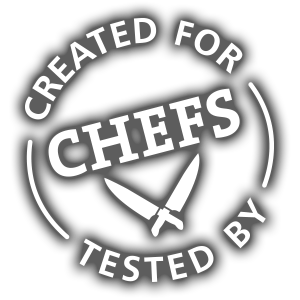Good frying oil will enhance the qualities of properly prepared foods.
Frozen food:
It is always best to follow the manufacturer’s directions as precisely as possible when preparing frozen foods. Most frozen foods today are processed so they may be taken directly from the freezer to the fryer without thawing. Care should be exercised when purchasing frozen foods to ensure that they have not been exposed to partial thawing and refreezing. Thawing and refreezing causes frozen foods to lose some of their natural juices, and will also allow more of these juices to be lost in the fryer. This additional moisture will speed up oil breakdown. Moreover, never refreeze thawed foods as this can be detrimental to your health.
Meats, seafood:
Whenever possible, trim excess fatty tissues. Reducing the amount of these unprocessed, unstable fats, which render out during frying, will help increase the performance of your oil.
Breaded foods:
Frozen foods are usually pre-breaded, but if you prepare your own breading, remove excess breading before frying. This will reduce the amount of contamination in the fryer. The flour in breading, when heated at high temperature over a longer period of time, will burn. As an unwanted result, the oil and the finished food will have a sharp, bitter, unpleasant, and burnt flavour. Very fine flour particles blacken easily, darken the oil, and are difficult to remove during filtration.
Excessive moisture:
Too much water can result in inferior fried food with high oil absorption and poor texture. The moisture should be drained or wiped off from these foods by placing them on a wire rack or blotting them before frying.




